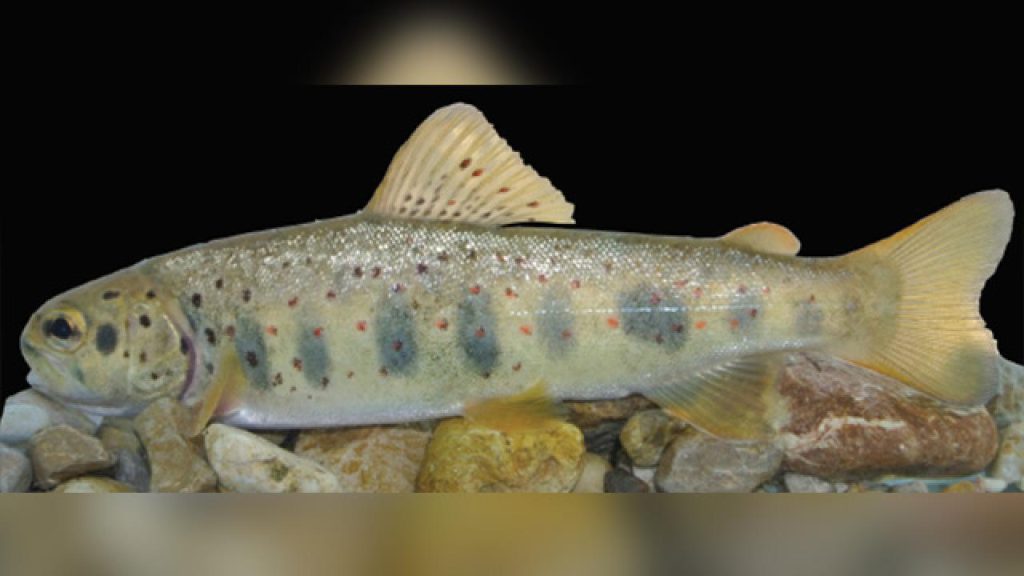Isparta Applied Sciences University Eğirdir Fisheries Faculty Professor Dr. Fahrettin Küçük, Assoc. Dr. Salim Serkan Güçlü, and Recep Tayyip Erdoğan University academicians Professor Dr. Davut Turan, Assoc. Dr. Gökhan Kalaycı, and Dr. Lecturer Münevver Oral have identified a new trout species during field studies. The academics conducted collaborative research on the morphological-molecular revision, distribution areas, and conservation status of trout in the Mediterranean region.
The fish discovered in the Köprüçay River was named “Salmo ekmekciae” in honor of the significant contributions made by Professor Dr. Fitnat Güler Ekmekçi from the Biology Department of the Faculty of Science at Hacettepe University to fish science in Turkey. The research findings were published in the “Zoosystematics and Evolution” journal, supported by the Berlin Natural History Museum.
The newly identified trout species inhabits clean and moderately fast-flowing water with a substrate consisting of stones and gravel. This discovery increases the number of natural trout species in Turkey to 20, highlighting the biodiversity and uniqueness of the country’s aquatic ecosystems.
The collaborative efforts of the researchers have not only expanded the knowledge of trout species in the region but also shed light on the importance of conservation and protection measures for these valuable aquatic resources. The identification of a new trout species underscores the rich biodiversity present in Turkish waters and emphasizes the significance of ongoing research and conservation initiatives to preserve these natural habitats.
Overall, the joint research conducted by the academics from Isparta Applied Sciences University and Recep Tayyip Erdoğan University represents a significant contribution to the field of fish science in Turkey. The discovery of a new trout species highlights the continuous efforts of researchers to expand the knowledge of aquatic biodiversity and underscores the need for conservation measures to protect these valuable resources for future generations.


